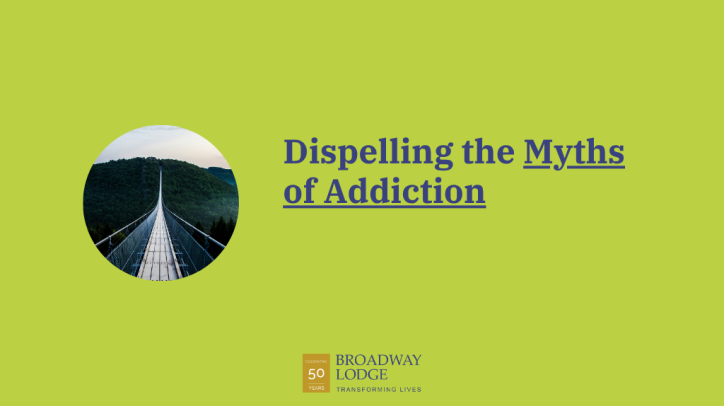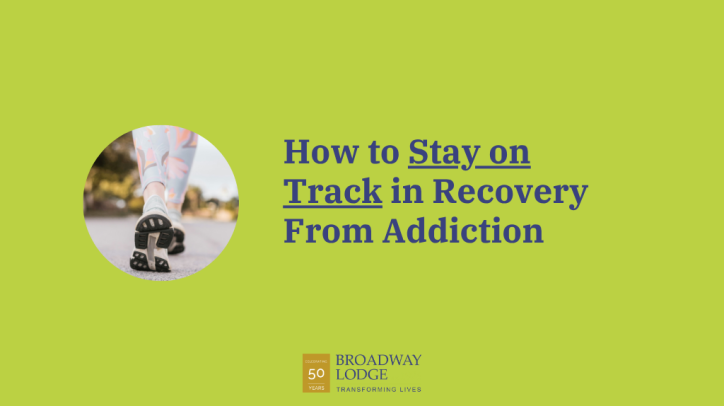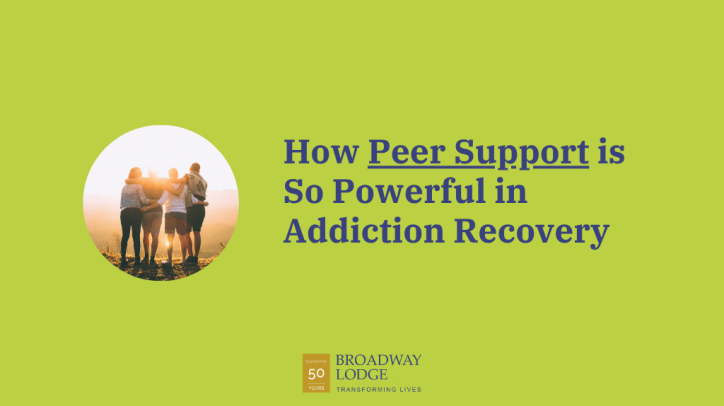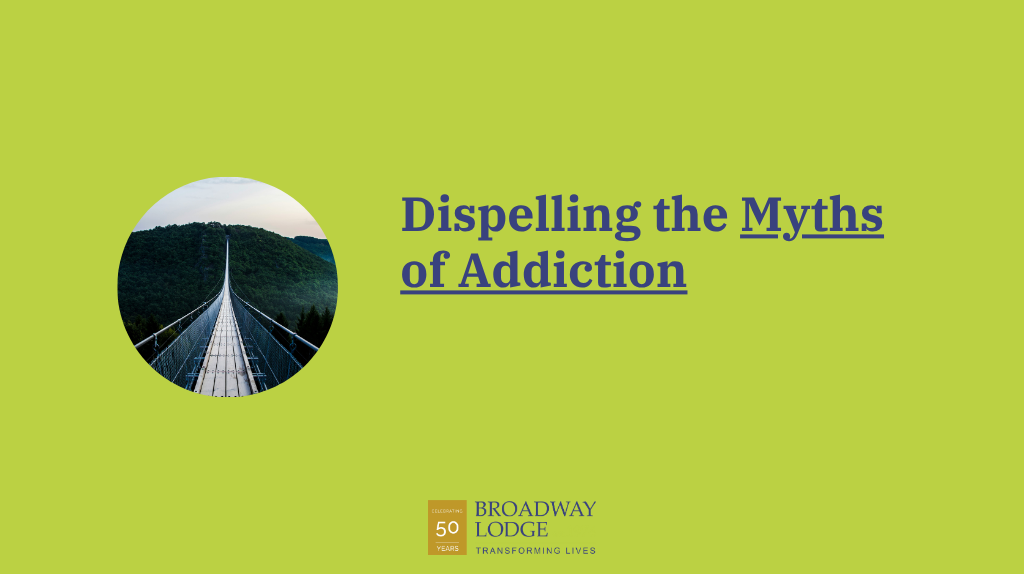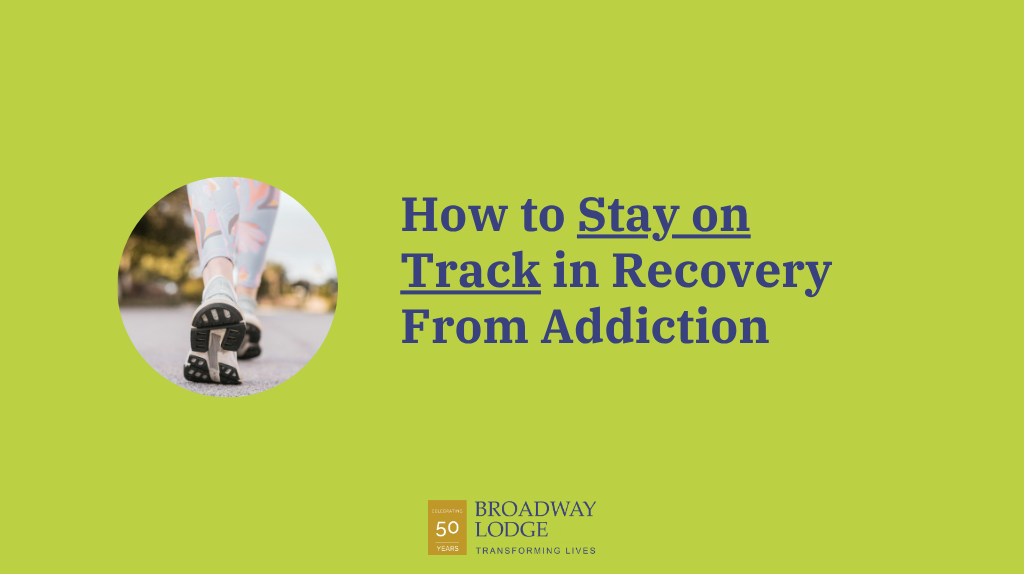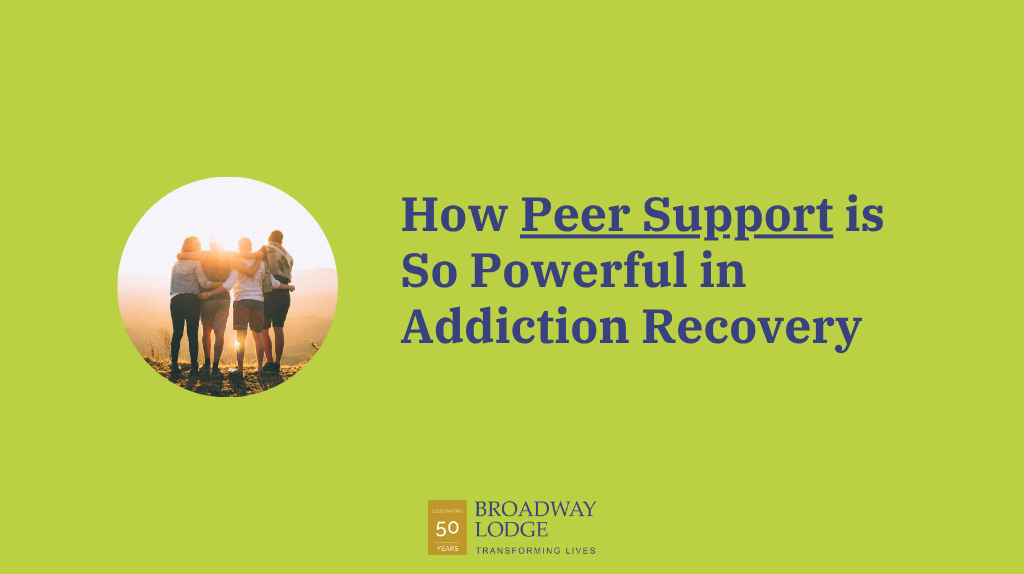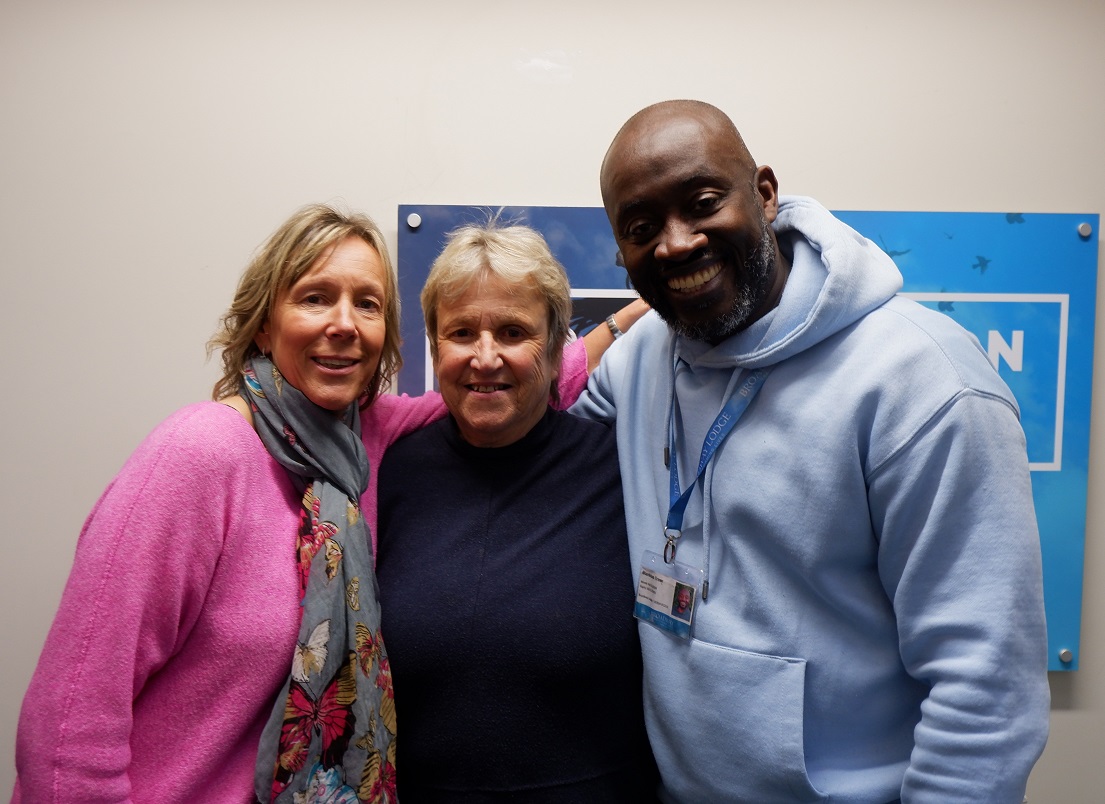In February 2019, the Home Secretary appointed Professor Dame Carol Black to undertake an independent review of drugs which would help the government look at the drug strategy and funding for the future to help those with substance misuse problems. The long-awaited report paints a grim picture of drug strategy, addiction policy, research and treatment in the UK today but makes a large number of superb recommendations to turn the situation around.
As a treatment service offering residential detox and therapy for adults with addiction, this important, much-needed review has been significant in highlighting funding issues and the detrimental impact this has had on treatment services like ours, the individuals seeking help with substance misuse and the professionals in the sector. Although this review would have been welcomed by our sector much sooner, it is a positive step forward in changing how the UK can support more people suffering with the illness of addiction in changing their lives and helping them flourish as the individuals they hoped they could be.
Overview
The first of the two-part review focused on the challenges posed by drug supply and demand including the ways in which drugs fuel serious violence. The second part of the review focuses on treatment, recovery and prevention of drug misuse for adults and young people. The aim of the report is to make sure that vulnerable people with substance misuse problems get the support they need to recover and turn their lives around, in the community and in prison.
Part 1 was published in September 2020 and did not make any recommendations but presented the current situation which didn’t look good. It described underfunded treatment services, increased drug use, and increased harms from drug use with the problems pointing straight back to the changes in commissioning. In contrast, Part 2 was fabulously full of recommendations, however, was more damming of that situation presented in part 1.
In the introduction Dame Carol Black summarises this:
“The findings have been disturbing, even shocking. Funding cuts have left treatment and recovery services on their knees. Commissioning has been fragmented, with little accountability for outcomes. And partnerships between local authorities, health, housing, employment support and criminal justice agencies have deteriorated. The workforce is depleted, especially of professionally qualified people, and demoralised. Vital services have been cut back, particularly inpatient detoxification, residential rehabilitation, specialist services for young people, and treatment for cannabis and stimulant users. Government faces an unavoidable choice: invest in tackling the problem or keep paying for the consequences.”.
This great opening introduction is punchy and hits home about the decimated services, major shortcomings in probation and a “demoralised” workforce across the sector. Many of the issues discussed will come as no surprise to people working in this sector as year on year we have all been fighting for the mere scraps and morsels of funding being thrown out by local authorities or commissioned local community drugs team who now are demanding much more for their money whilst wanting to also reduce costs at the same time, making treatment services compete with each other throughout the commissioning process. Many residential rehabilitation centres and substance misuse support services have had to cut vital services as a result and many professionals have just had enough and left the sector all together. A wealth of valuable knowledge and experience gone because of inadequate funding. It’s absolutely shocking that treatment providers have got into this state but there does need to be a rethink of the approach to drugs and drug misuse and the commission and delivery of services that is fit for purpose.
Last year, Dame Carol Black’s review made suggestions for significant changes to the ways in which services are commissioned and includes 32 recommendations for improving drug policy, a number are outlined below. There is an urgent need for investment and change which comes through every paragraph of the report.
Dame Carol Black’s Key Findings & Recommendations:
- Improvements in funding which will lead to better client outcomes and less overworked and demoralised staff.
- Develop a ‘whole-system approach’ to supporting individuals with substance misuse problems, including a requirement for local authorities to develop effective, joined-up working between health, housing, criminal justice and employment support services.
- Replace custodial sentences for drug-related, non-violent crimes by developing more police diversion and community services as well as increasing court ordered referrals into treatment.
- Create better pathways from prison into treatment and increase funding to treatment services because of the hopeful increase in demand.
- Ministry of Justice to improve collaboration with different departments to ensure a smooth transition from a custodial setting to a community one, particularly where an individual requires ongoing substitute prescribing.
- Better access to employment opportunities by increasing and extending the funding to the IPS (The Individual Placement & Support) initiative and implement it across all treatment services in England.
- Implement policies and include ‘Preventative Interventions’ to the school curriculum which would lead to a reduction in the number of young people who initiate drug use in the first place.
- Involving Service Users in decision making, strategy and delivery of treatment services.
- Over the last 2 years rough sleeping and homelessness in the UK has risen therefore, Public Health England (PHE) to improve the provision of drug and alcohol treatment for people who are starting treatment and reporting a housing problem.
Summary
This report presents a sea change and a ‘hallelujah’ moment for the addiction, recovery treatment field. These are the things that we and other service providers have been saying for years as the sector has been decimated by procurement, funding cuts and reduced budgets whilst watching opportunities for people with addiction related illnesses to attend treatment vastly reduce. Added to the fact that those that do get an opportunity have had to jump through hoops for a very long time just to get a lifesaving opportunity of treatment and rehab. We’ve known of numerous people who had engaged for months and months with their local drug and alcohol service, were finally penciled in to come to us for treatment but all too late – they died before their funding had been approved. Maybe if they hadn’t had to wait for so long some of those people would still be alive today, able to enjoy their clean time and new life in recovery.
We hope those in government use this brilliant review as an opportunity to make sea changes to the UK drug strategy.
Written by Markkus Trew, Head of Treatment and Counselling


